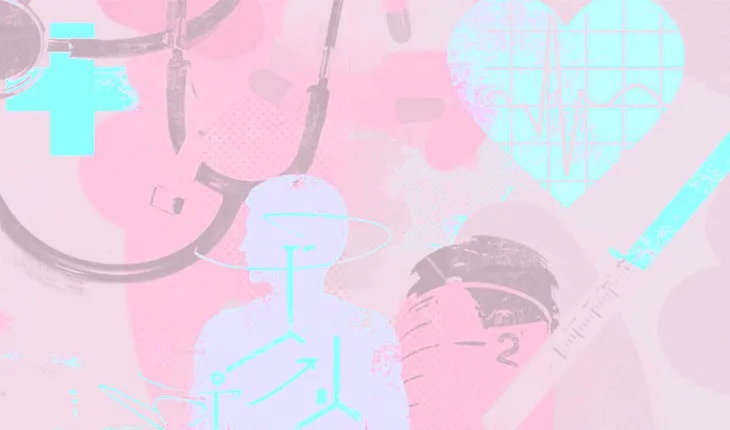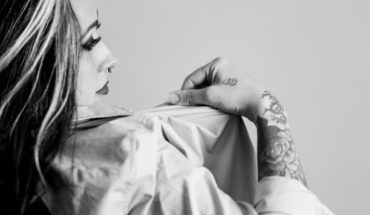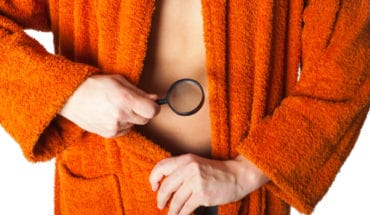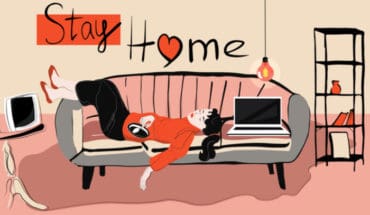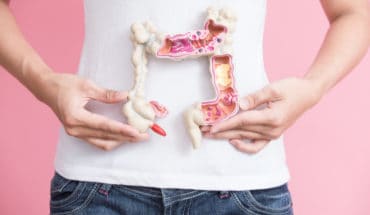The latest issue of Cancer World, the bi-monthly magazine published by the European School of Oncology, features a ‘sting’ carried out by German journalists highlighting the misguided or even dangerous advice given to cancer patients by alternative healers. There is an assumption, often mentioned in the media, that many patients spurn conventional surgery and medicine and prefer to seek treatment from these alternative therapists.
But in my experience this is not true.
Yes last week I did have one person who refused surgery and chemotherapy and said they would follow the path of alternative treatment, but in fact I generally only see one such patient each year – and in my clinics I see an average of 400 people annually with a new diagnosis of lung or breast cancer.
Of course most patients who have made this decision – often before the diagnosis of cancer is made – do not usually bother to come and see me. However, from what I have seen, this type of patient who has the courage to walk through my door, is often someone who is still in denial of the diagnosis, blocked by the thought that this simply cannot be happening to them, and so ignores my suggested treatment pathway. The Hippocratic Oath means we first of all must do no harm; if ever there is a possibility of side effects we will refer to research data to ensure the benefit outweighs the risk. However, we have never been able to stop people harming themselves – we cannot get people to stop smoking! It’s a horrible truth that I have seen some of these patients come back to me later, with very advanced incurable disease. Ironically at this point, they often want every possible treatment I can offer – including toxic treatments, but unfortunately it is often too late.
However as I have stated, this is an incredibly rare occurrence. Most people I see show incredible grace and dignity when given their diagnosis – the image of people falling on the floor and having hysterics is a rare sight and I have only ever seen it a few times in two decades of clinical practice. I believe if a doctor is open and honest and communicates well, the patient will work through the diagnosis and treatment with dignity and acceptance. Of course they need support from a number of medical professionals as they go through the stages of shock, disbelief, anger and then acceptance. It never ceases to amaze me how composed and courteous patients can be. If I see a woman with operable breast cancer I will tell her that surgery can leave scars, chemotherapy can cause hair loss and sickness, radiotherapy will cause redness of the skin and endocrine treatment will cause menopausal symptoms, but together these treatments can prevent the spread of the disease, secondary tumours, and will hopefully save her life and continue to increase the cure rate we are already witnessing.
We see this dignity in celebrities who keep their illnesses private – such as David Bowie, Alan Rickman and Sir Terry Wogan, but equally we respect the openness of others who share their experiences and treatment, such as the BBC presenter Nick Robinson.
Walter Isaacson, the biographer of Steve Jobs, stated that the Apple founder later regretted his decision not to accept conventional treatment as soon as he was diagnosed with pancreatic cancer; He had a neuroendocrine islet tumour, one of the 5 per cent or so that are slow growing and most likely to be cured. Jobs’ nine months delay in having surgery, preferring to embark on alternative therapies such as juicing and acupuncture, meant he probably lost that window of opportunity for cure.
Jobs’ death initiated much discussion about the use of alternative medicine in cancer, conversations that continue now in Cancer World. It is right for the media to highlight the dangers of ignoring evidence-based medicine, and to show how alternative healers can unwittingly cause harm. But I feel we should take a moment and admire and acknowledge the grace and dignity of the vast majority of patients who accept their diagnosis and work with their doctors to fight their cancer and join in research initiatives, while quietly continuing with their normal lives, like the thousands I have seen in my 20 years as a medical oncologist.
- The Dignity of Cancer Patients - 27th February 2016
